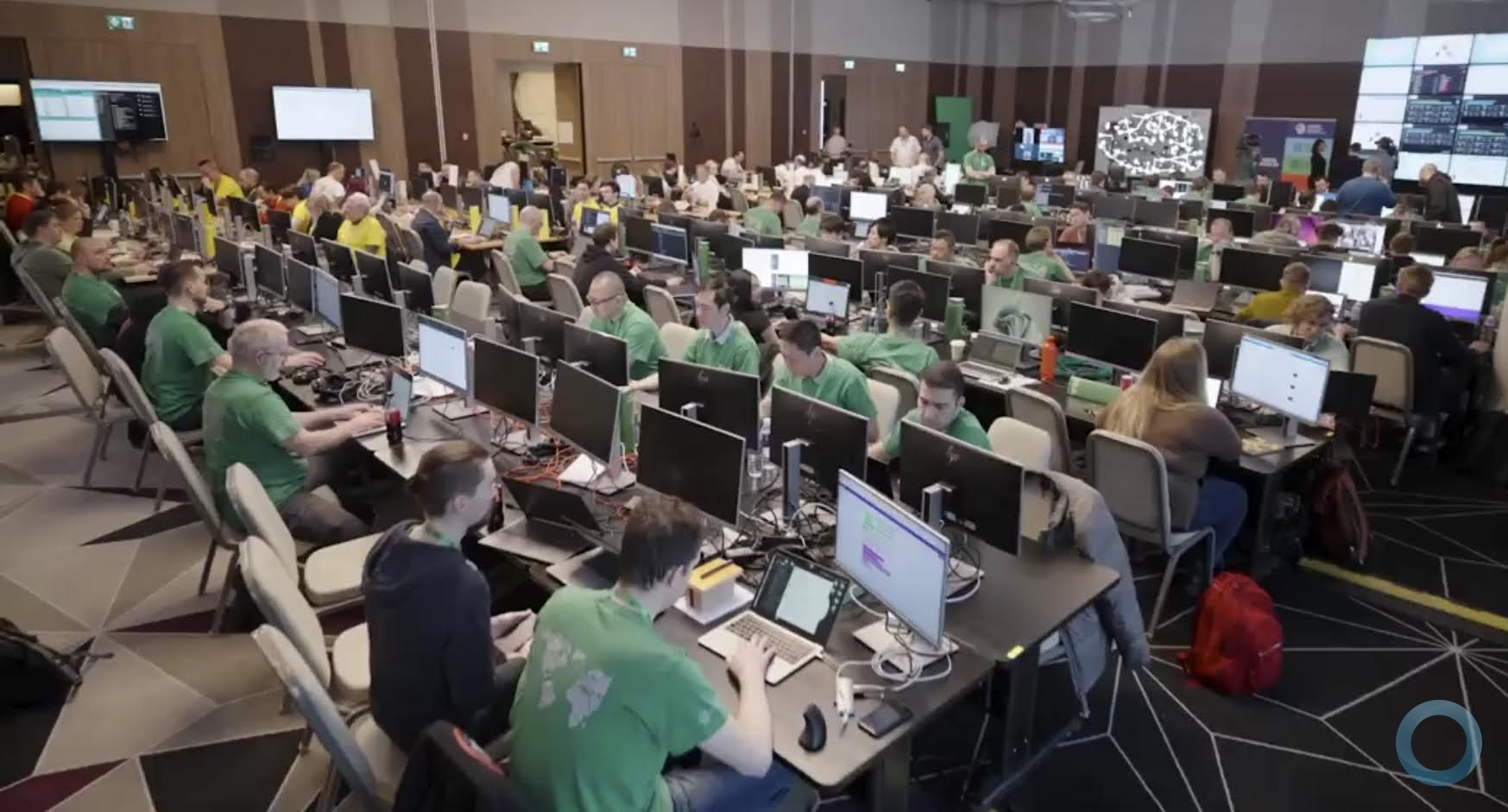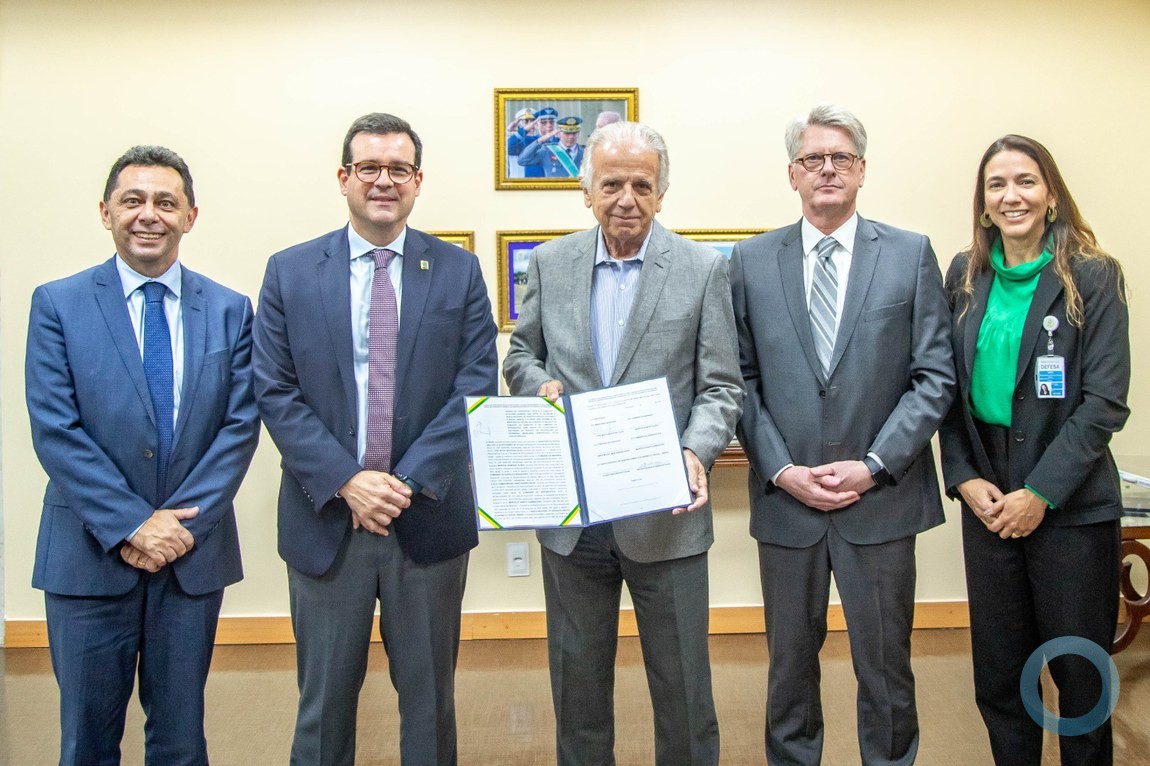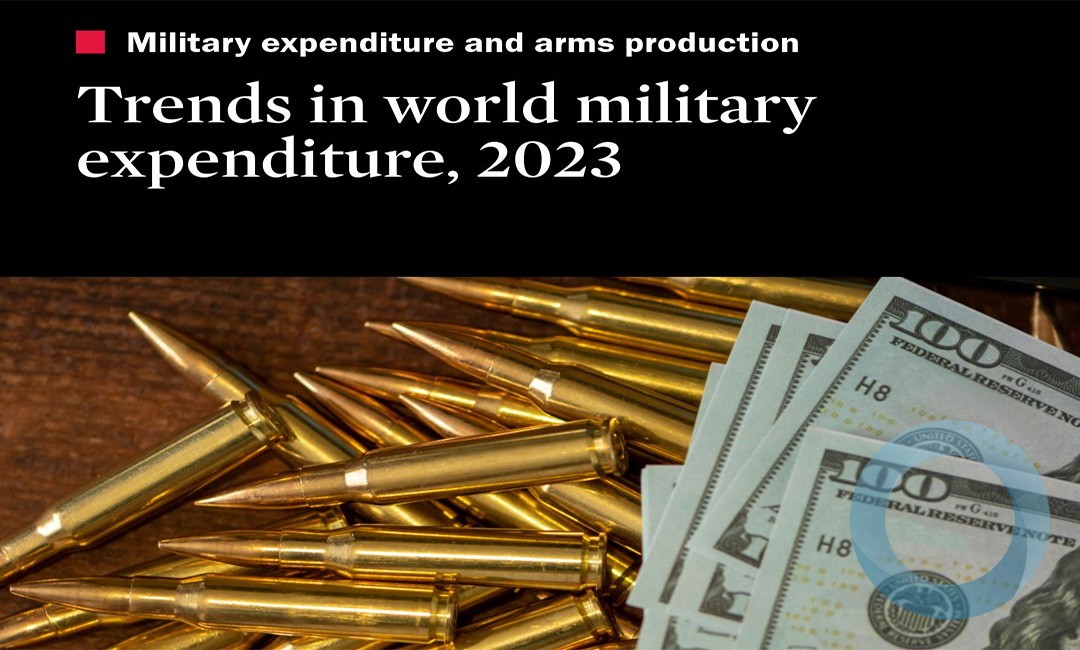On 29 August 2012, the Brazilian Minister of External Relations, Antonio de Aguiar Patriota, and the Swedish Minister for Foreign Affairs, Carl Bildt, met in Stockholm. The Ministers welcomed the strengthening of bilateral relations and mapped out the main areas of cooperation. Both sides are committed to a strong relationship on foreign policy issues.
Regular political dialogue
Brazil and Sweden acknowledged their mutual intent to ensure a continuous political dialogue allowing them to develop the privileged bilateral relations and to identify opportunities for closer cooperation and joint action in the international arena. Both sides expressed their continued commitment to bilateral political consultations, in accordance with the 2009 Plan of Action for the Brazil–Sweden Strategic Partnership, and agreed to meet at least once a year at Ministerial level to examine the bilateral agenda and exchange views on matters of global interest.
International development cooperation
Brazil and Sweden recognised the continuing need to promote global growth that produces sustainable benefits for poor people, to reduce poverty and to achieve the Millennium Development Goals. Both countries’ commitment to poverty reduction was reaffirmed and the Ministers welcomed today’s signature of a bilateral Memorandum of Understanding on Partnership and Dialogue on Global Development.
Trade
Brazil and Sweden will continue to promote increased trade and investment relations, and strongly support the conclusion of an ambitious and balanced association agreement between Mercosur and the European Union. Both sides remain committed to an open and non-discriminatory, rules-based multilateral trade system, recognising its contribution to recovery from the international financial crisis, as well as to growth and development.
Science, technology, innovation and education
Brazil and Sweden highlighted the further development of cooperation in science, technology and innovation based on the existing bilateral agreement on Innovative High Technological Industrial Cooperation, signed in 2009. They welcomed the productive cooperation between the Brazilian Agency for Industrial Development (ABDI) and the Swedish Agency for Innovation (VINNOVA). They emphasised the importance of the Swedish–Brazilian Center for Research and Innovation (CISB), inaugurated in 2011, with headquarters in São Bernardo do Campo, and of the Lindholmen Technology Park in Gothenburg as a creative arena for collaboration.
Both sides acknowledge the ambition and vision of the Brazilian Science without Borders programme. The Swedish Government has expressed its firm commitment to participate in this academic mobility programme so as to host a significant number of Brazilian students and researchers in institutions of advanced education and research in Sweden, as expressed in the Letter of Intent signed during the visit of Vice-President Michel Temer to Sweden in August 2012.
Renewable energy sources
Recognising the important role biofuels play in fostering sustainable development, given that these sources of energy bring about environmental, social and economic benefits, Brazil and Sweden underscored the role of bilateral cooperation in the area of renewable energy sources under the scope of the Memorandum of Understanding on Cooperation in the Area of Bioenergy, including Biofuels, of 2007.
Environment and sustainable development
The Ministers welcomed the progress made at the United Nations Conference on Sustainable Development (Rio+20) in Rio de Janeiro in June 2012. The Ministers underscored the importance of the Conference outcomes, among them the launching of processes to establish Sustainable Development Goals and the creation of a High Level Forum on Sustainable Development. They reaffirmed, in this sense, the contribution of Rio+20 to the strengthening of multilateralism and the relevance of its results as a conceptual and political basis for a new action plan on sustainable development in the 21st century. Minister Patriota conveyed to Minister Bildt the Brazilian Government’s satisfaction with Sweden’s high-level participation in the Conference.
Brazil and Sweden underlined the great potential of bilateral cooperation on the environment and sustainable development and welcomed the signing of the Letter of Intent on Environment Protection Cooperation during Rio+20.
Defence cooperation
Brazil and Sweden expressed their ambition to increase defence cooperation and deepen the partnership between the two countries. Advanced technology, innovation and industrial development are important aspects of such cooperation. The Ministers welcomed further development of the cooperation agreed in the existing Memorandum of Understanding on Cooperation in Defence-related Matters.
Human rights
Brazil and Sweden reaffirmed their commitment to promote and protect human rights, particularly the importance of strengthening the United Nations Human Rights Council (HRC). The Ministers also pointed out their commitment to continue the dialogue that has begun at the HRC on the importance of promoting and protecting the enjoyment of human rights on the internet. This dialogue should be strengthened on a bilateral basis and within the scope of the HRC, with a view to deepening the applicability of human rights, including civil, political, economic and cultural rights, on the internet. Brazil and Sweden believe that the human rights approach should be discussed and integrated in a global fashion, including in discussions on internet governance in other international fora.
Reform of the United Nations
Brazil and Sweden share a common view of the need to update mechanisms of global governance, so as to meet the challenges of the 21st century. Both countries underscored the importance of strengthening multilateralism and reaffirmed the central role of the United Nations in this regard. They acknowledged that the effectiveness and efficiency of the organisation must be enhanced through continued reform of its management, budget processes and institutions. They agreed that the Security Council needs to become more legitimate and effective, including through adequate representation from Africa, Asia and Latin America.
In this context, Sweden considers that Brazil is a strong candidate for a seat in an enlarged Security Council.
Situation in North Africa and the Middle East
Brazil and Sweden agreed that a solution to the Middle East conflict is essential to guarantee peace, stability and development in the region. The Ministers underlined the need for a prompt resumption of negotiations and the importance of international support for this process. Both Ministers reaffirmed their support for the two state solution with the establishment of an independent, democratic, contiguous and economically viable Palestinian state, based on the 1967 borders, living side by side with the State of Israel in peace and security. They reiterated that both countries condemn the construction of Israeli settlements in the Occupied Palestinian Territories, which is a violation of international law and harmful to the peace process. Concern was also expressed regarding violence deliberately targeting civilians, including such actions from Gaza.
Concerning the situation in Syria, Brazil and Sweden reaffirmed their support for the legitimate aspirations of the Syrian people, condemning unequivocally all violence against civilians and violations of human rights, and highlighting the primary responsibility of the Government. The two sides underlined the need for an effective cease-fire and the importance of beginning a political transition process led by the Syrians. The international community stands ready to support these efforts to avoid a further escalation of the conflict, which would have unpredictable consequences for the Middle East and international peace and security. The Ministers welcomed and expressed their full support for the new UN-Arab League Joint Special Representative, Lakhdar Brahimi.
Both Ministers reiterated that Iran must cooperate fully with the IAEA to resolve outstanding issues and establish confidence in the exclusively peaceful nature of its nuclear programme. They furthermore stressed that Iran must meet its commitments under the Non-Proliferation Treaty. The Ministers reasserted, in addition, Iran’s legitimate right to the peaceful research, production and use of nuclear energy under the provisions of the Treaty. Both Ministers agreed that a solution of the Iranian nuclear issue can only be achieved through negotiation. Both sides consider that a possible unilateral military action, besides representing a violation of the UN Charter, could bring unpredictable consequences for the peace and security of the whole region. They expressed their support for the continuation of the dialogue between Iran and the P5+1 and the gradual building of confidence.
Nuclear disarmament
The Ministers underlined the need for the implementation of the Action Plan adopted at the 2010 Review Conference of the Nuclear Non-Proliferation Treaty, as well as additional stepped-up action with a view to achieving a world free of nuclear weapons. As partners in the New Agenda Coalition, Brazil and Sweden are committed to renewed efforts towards the complete elimination of nuclear weapons worldwide.
The Ministers also underscored the importance of the successful convening of the 2012 Conference on the establishment of a Middle East Zone free of nuclear weapons and all other weapons of mass destruction, expressing support for the preparatory efforts made in this regard. The Ministers agreed on the urgency of the Conference of Disarmament beginning substantive work. They also expressed their support for the early entry into force of the Comprehensive Nuclear-Test-Ban Treaty.
Civilian protection in conflict scenarios
Brazil and Sweden agree on their firm commitment to conflict resolution and underscore the importance of continuous efforts of preventive diplomacy and mediation. The Ministers concurred that the international community should enhance its efforts to promote peaceful and diplomatic means to protect peoples under the threat of violence according to the purposes and principles of the Charter of the United Nations.
Brazil and Sweden underline the global consensus reached at the 2005 UN World Summit on the responsibility of states and of the international community to protect populations from genocide, war crimes, ethnic cleansing and crimes against humanity. On this note, both countries seek to operationalise the concept of the ‘responsibility to protect’. The ‘responsibility while protecting’ initiative is a helpful contribution which merits further exploration.

































